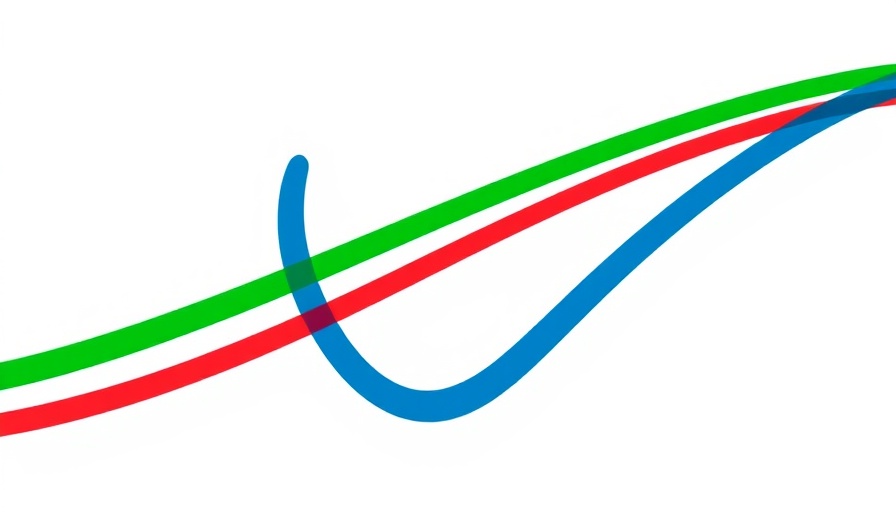
Empowering Education Through Connectivity: A Major Leap for Kenya
The recent launch of Phase II of the DigiSchool Internet Connectivity Project marks a pivotal moment for the education landscape in Kenya. Spearheaded by UNESCO, the Kenyan government, and Huawei, this initiative is a response to the pressing need for digital inclusion in schools, particularly for marginalized communities. With this latest phase, 21 additional schools are being connected to the internet, facilitating access for over 10,000 learners.
At the launching ceremony held at Machakos Primary School for the Deaf, Basic Education Principal Secretary Belio Kipsang emphasized the critical role that reliable internet access plays in enhancing educational quality. “Access to the internet will go a long way in improving access and quality of education,” Kipsang stated, reaffirming the goals of the project to bridge both the digital and educational divide.
Bridging the Digital Divide: Special Needs Focus
The initiative particularly prioritizes special needs schools, showcasing a focused commitment to inclusivity. This is highlighted by the provision of advanced internet solutions, including video conferencing capabilities, which will empower students with disabilities by enhancing their learning experiences and increasing teacher training opportunities. Huawei’s CEO, Stephen Zhang, noted, “Together with our partners, we are committed to innovating technologies that make the world a more inclusive space for all,” reflecting the ongoing dedication to accessible education.
Investment in Digital Futures: Transformation Ahead
The DigiSchool initiative is built upon a foundation established during its first phase, which connected 13 schools and benefitted over 6,000 students. The continued expansion signals a robust commitment to not just providing connectivity, but also ensuring quality educational resources are accessible to all students regardless of their geographic or socio-economic status. As the Kenyan government aligns these efforts with Sustainable Development Goal 4, stakeholders believe this project is instrumental in reshaping the educational future in Kenya.
Collaborative Efforts: A Public-Private Partnership
According to Engineer John Tanui, Principal Secretary for ICT, achieving significant educational transformation requires robust collaboration with the private sector, which can help bridge gaps in resources. “We cannot deliver alone as a government,” Tanui remarked, underscoring the necessity of strategic partnerships to ensure the connectivity goals are met. Huawei’s partnership illustrates the transformative potential technology can have in democratizing education, leveraging ICT to create equitable learning landscapes.
Stepping Towards an Inclusive Digital Economy
The implications of projects like DigiSchool extend beyond education; they align closely with the ambitious vision for Africa’s digital economy. As more schools gain internet access, the potential for enhancing not only educational outcomes but also boosting local economies through improved digital skills and online job opportunities is profoundly significant. With an increasingly connected educational framework, Kenya stands to harness the growth of the digital economy, creating pathways to resilience and sustainability.
 Add Row
Add Row  Add
Add 


 Add Row
Add Row  Add
Add 

Write A Comment